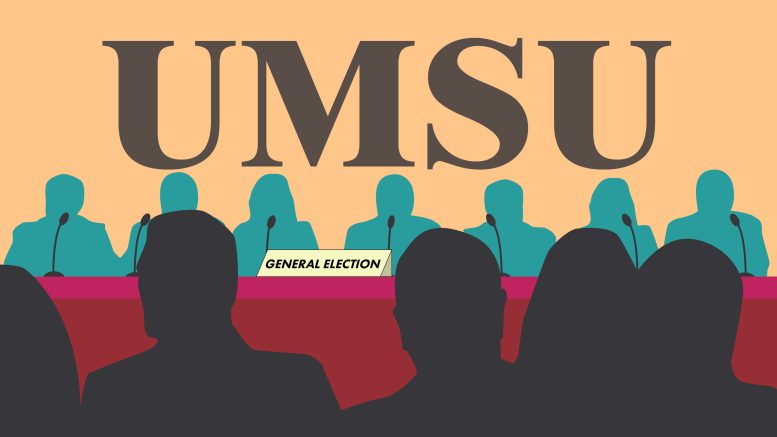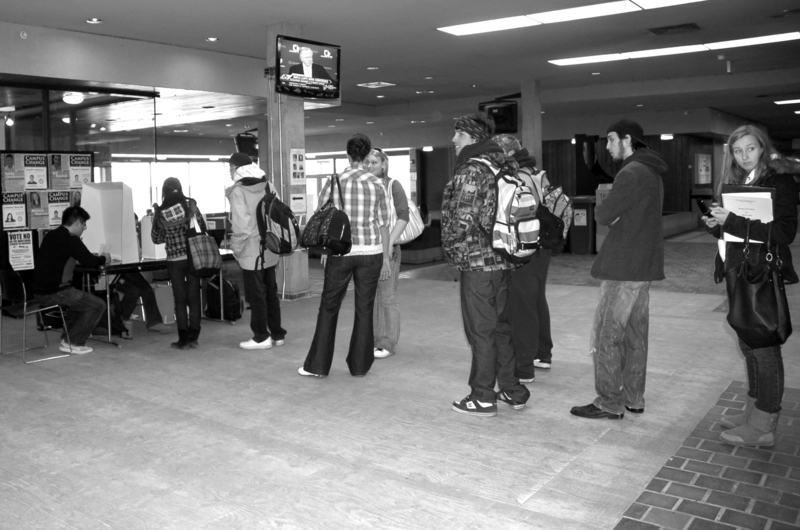Election time in high school used to be a poor excuse for students to lose class time. We would all just sit and listen to candidates talk about vague promises that no one was truly concerned about. Student apathy made campus politics seem like nothing but a popularity contest and the policy promises seemed meaningless considering most candidates were unwilling or simply unable to fulfil them. As I became more involved in campus politics at the University of Manitoba as a student columnist and a newly elected representative in a student body council, I came to realize decisions at different levels of student governance have an impact on the student body. The only way to create positive change for all students, especially those who belong to underrepresented communities, is by carefully analyzing our electoral decisions.
With the various student associations electing their new University of Manitoba Students’ Union (UMSU) directors and the executive and community representative elections finalized, UMSU is now suited to face the new challenges the upcoming year may bring. President-elect Jaron Rykiss’s policy handbook offers important policies on a wide range of topics like lobbying with provincial authorities for the re-establishment of international students’ health care, increasing community engagement once the U of M is able to fully return to in-person learning and big accountability reforms to ensure transparency and the fulfilment of campaign promises.
Most of these issues should be of great concern to the wider student body. A student body whose international community has been forced to play a second-class role due to its limited medical insurance. A student body that’s been facing more than two years of online education causing the unavoidable deterioration of their mental health. A student body that is often unable to hold their elected officials accountable.
We often see student politicians as peers, allowing them to easily avoid public scrutiny. This apathy essentially validates their decisions while the student body quietly faces the consequences of executives’ policies. It’s time to stop rubber-stamping our elected members’ policies post-election. For as long as I have been a U of M student, student leaders have brought forward the issue of universal health care for international students, but little has changed.
Since 2018, due to cuts to the provincial government’s spending plan, international students have been forced to withstand their time abroad with mediocre private insurance. Though I am pleased candidates have included this issue in their campaign promises, it is important they are held accountable and more steps are taken to ensure international students are aware of the extent of their medical coverage.
The mental health crisis students are facing is another uphill battle that students must push their executives hard to resolve. Though the current transition program for in-person learning might help, improving mental health on campus won’t come as easily as the shift from online to live lectures. Students need more widely available mental health resources.
Though UMSU is far from a perfect institution, it has the potential to give U of M students a sense of belonging and community. Just like any union, each and every member has duties to fulfil. It is our duty to end the outreach gap and get informed about the decisions affect our student life. We must work toward achieving a high-functioning union by holding those who represent us accountable.





